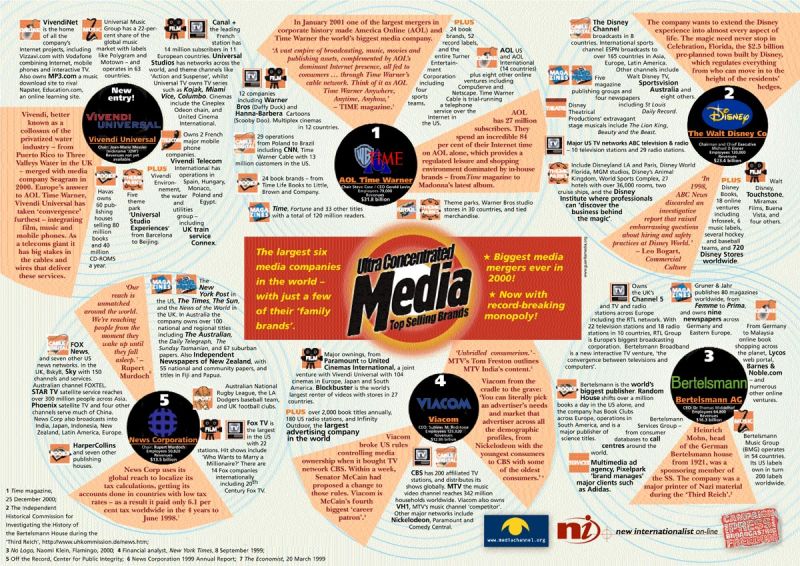
Image: Picasa user jedimoe
The FCC is in the midst of its quadrennial review of media ownership rules, the AP reported yesterday. Some media companies are lobbying the FCC to lift the “cross-ownership” ban, enacted in 1975, that prohibits ownership of both a broadcast station and a newspaper in the same market. Companies like Tribune Co. and Media General argue that with newspaper, radio, and television industries struggling to weather audiences’ migration to the internet, they have to consolidate to survive.
But that could mean losing diversity and key local coverage. Back in 2002, under Republican chairman Michael Powell, the FCC voted to ease cross-ownership restrictions, but was challenged in the Third Court of Appeals by Prometheus Radio Project and other public interest groups. The court told the FCC to rewrite the rules, and in 2008 Powell’s successor, Kevin Martin, tried again to relax the ban. In March 2009, after attempts by public interest groups to stall the decision, the court green-lighted a revamped Newspaper-Broadcast Cross-Ownership rule—described by the FCC as “modest”—which opened the door to “certain newspaper-broadcast station combinations in the largest 20 markets.” Last month, the Media Access Project filed an appeal challenging the rule’s legality.
Meanwhile, today several organizations including Bloomberg News wrote to the FCC chairman protesting the proposed merger of Comcast and NBC Universal. ” . . . [T]he merged entity,” they wrote, “will exert a degree of market power unrivaled in our nation’s media history.” Concerns over media monopolies on content extend beyond the news: last year, the Future of Music Coalition published “Same Old Song: An Analysis of Radio Playlists in a Post-FCC Content Decree World.” The study found “almost no measurable change in station playlist composition over the past four years,” and suggested the radio industry refocus on localism and expand the number of broadcasters nationwide.
Lifting the ban would undoubtedly help elbow independent voices out of play—nightmare scenes of News Corp.-like monopolies come to mind. But whither content, in any case? That, perhaps, is beyond the aegis of the FCC.











